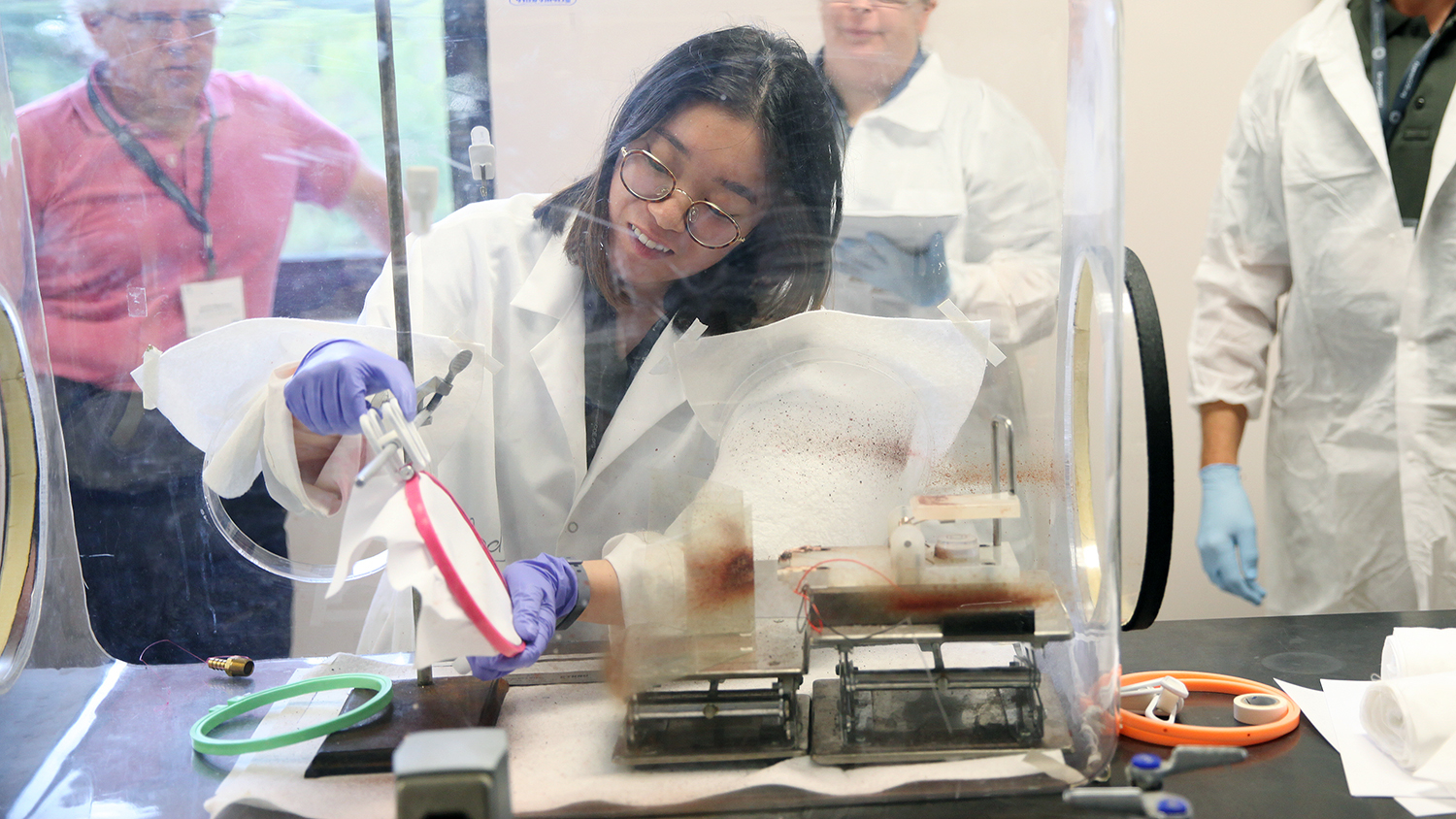graduate students
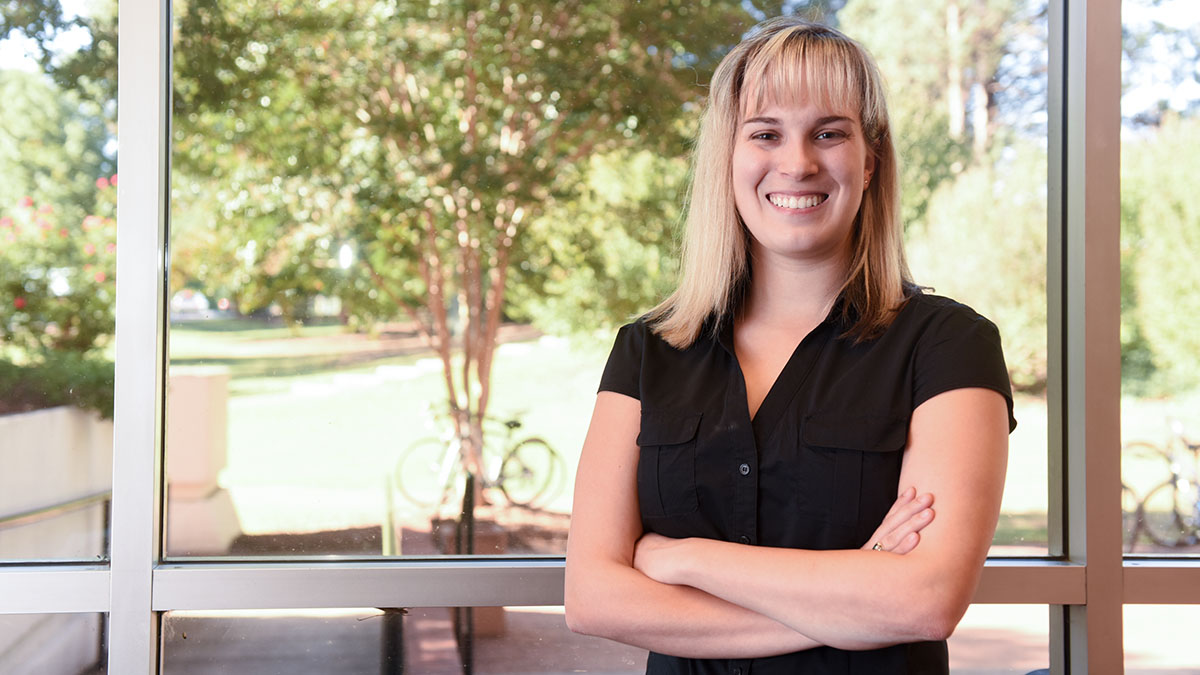
Working With the Game-Changer Known as CRISPR
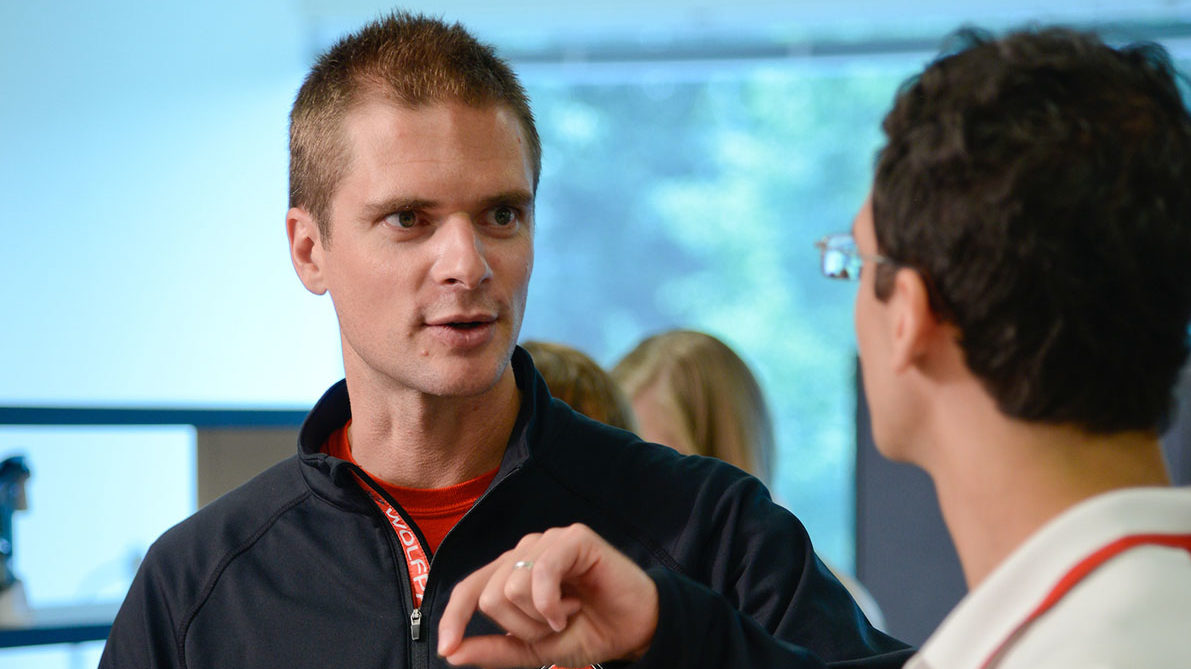
What You Should Know About CRISPR
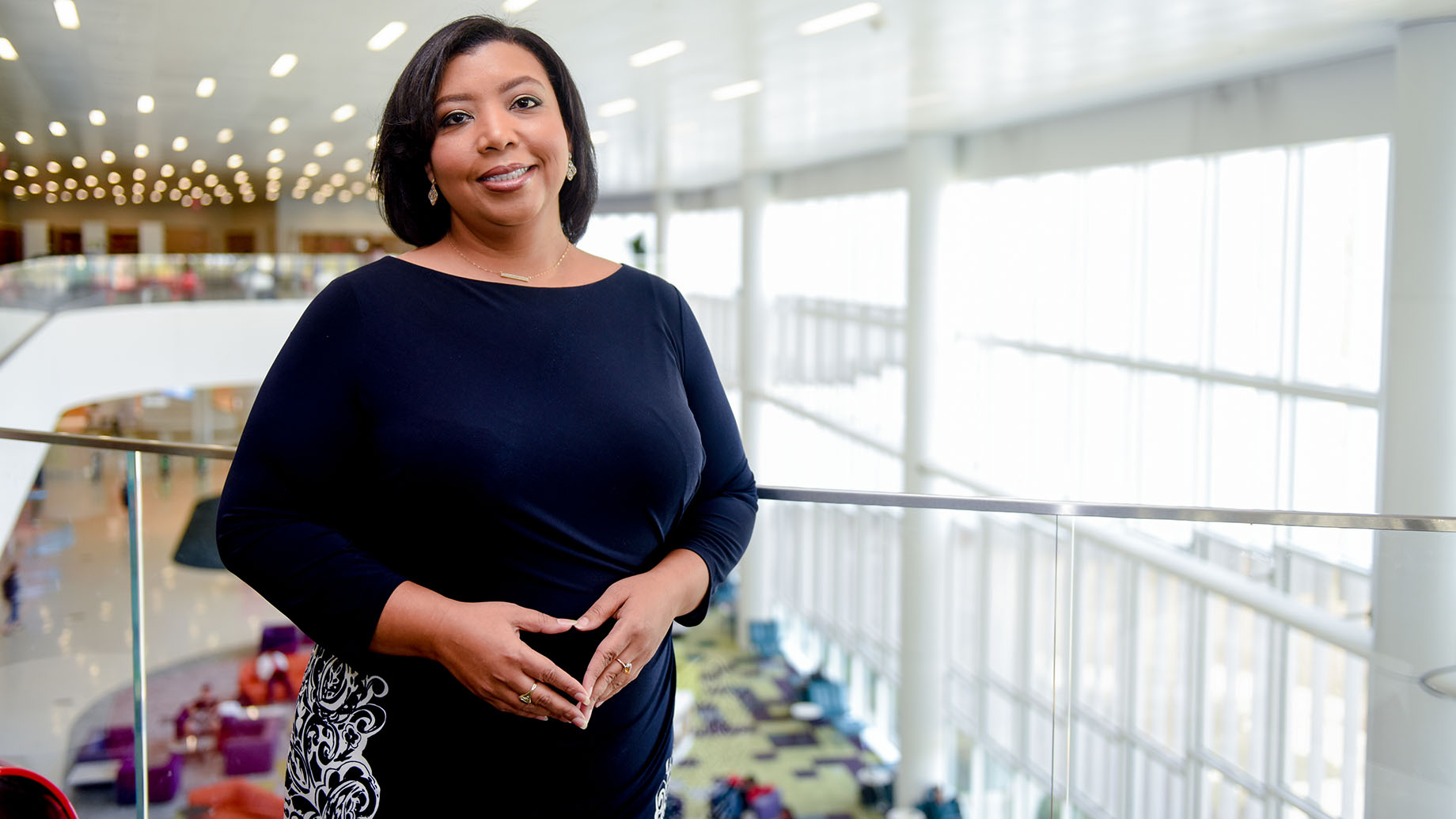
Researching Ethics in Counseling with an Aim to Help Others

This Family Recipe is a Recipe for Success
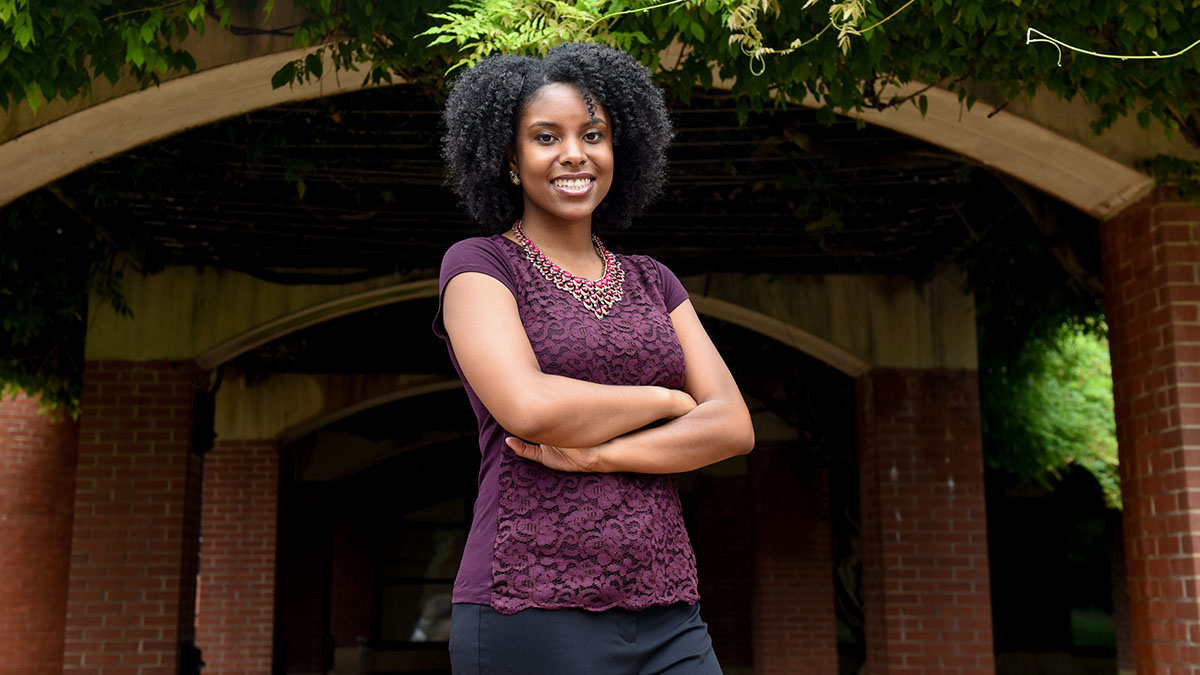
We Need More Industry Immersion Programs

Striving to Build a Safe, Sustainable Apparel Industry
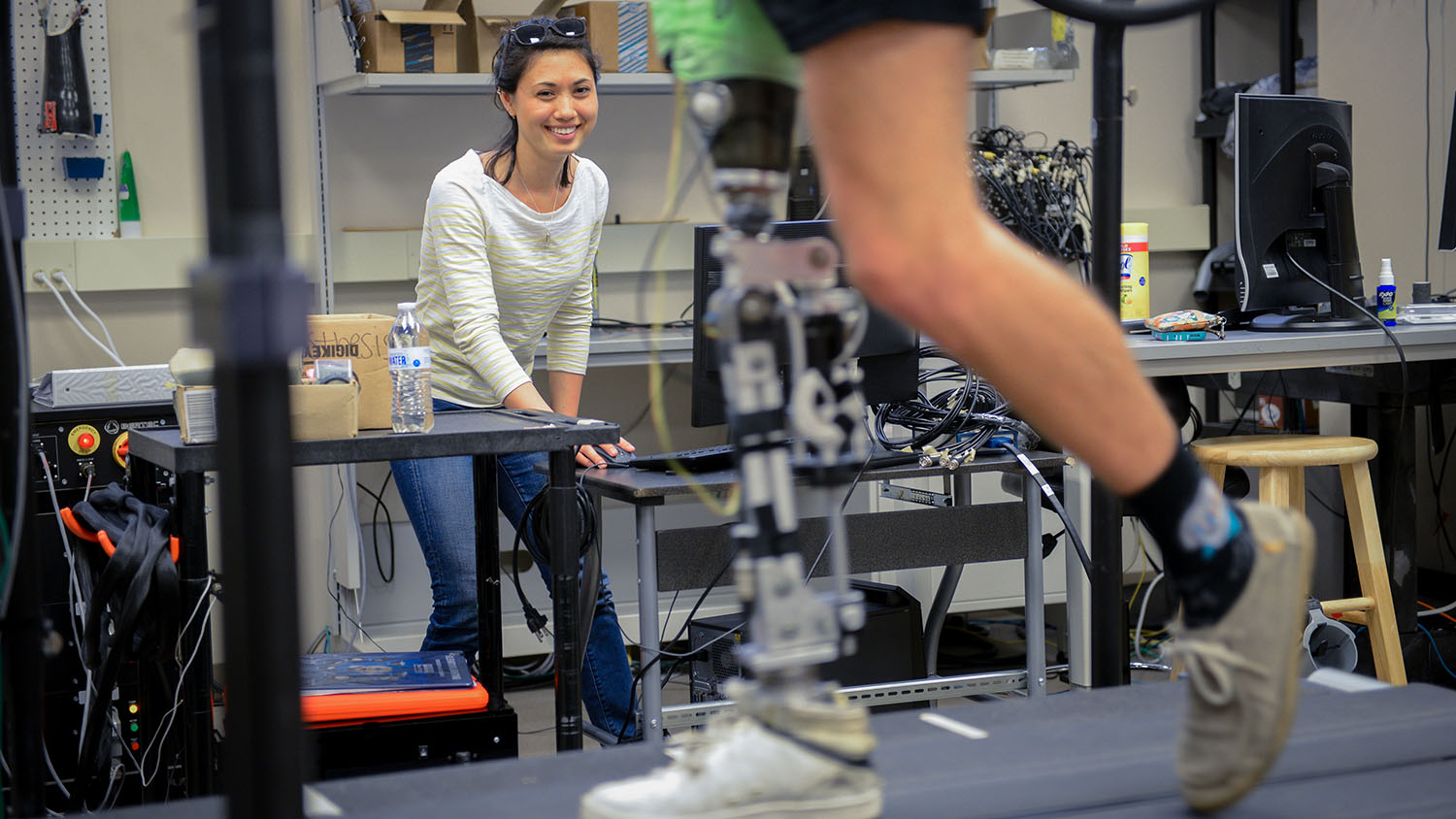
2017: The Year in Review
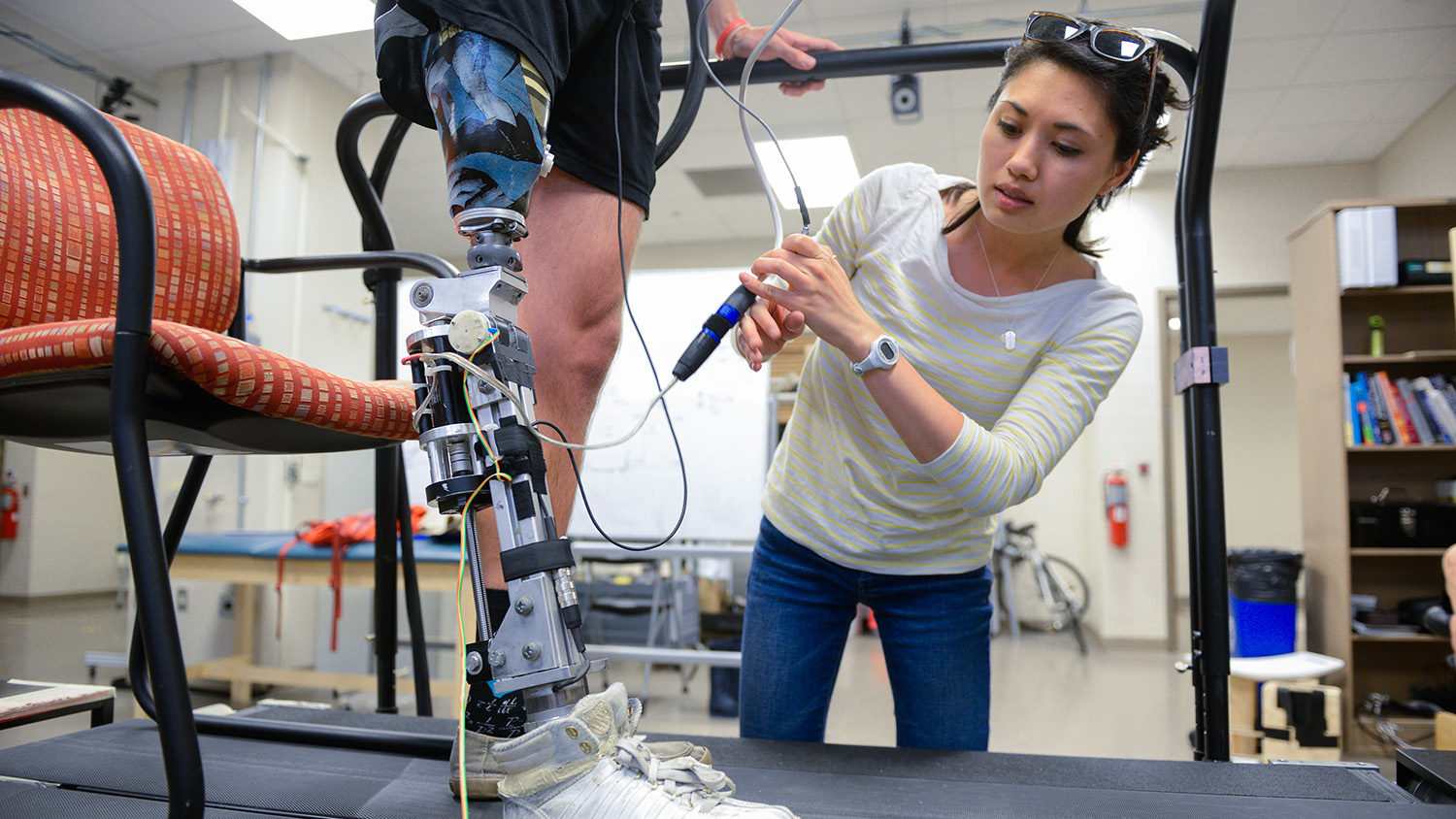
Study Shows Need for Adaptive Powered Knee Prosthesis to Assist Amputees
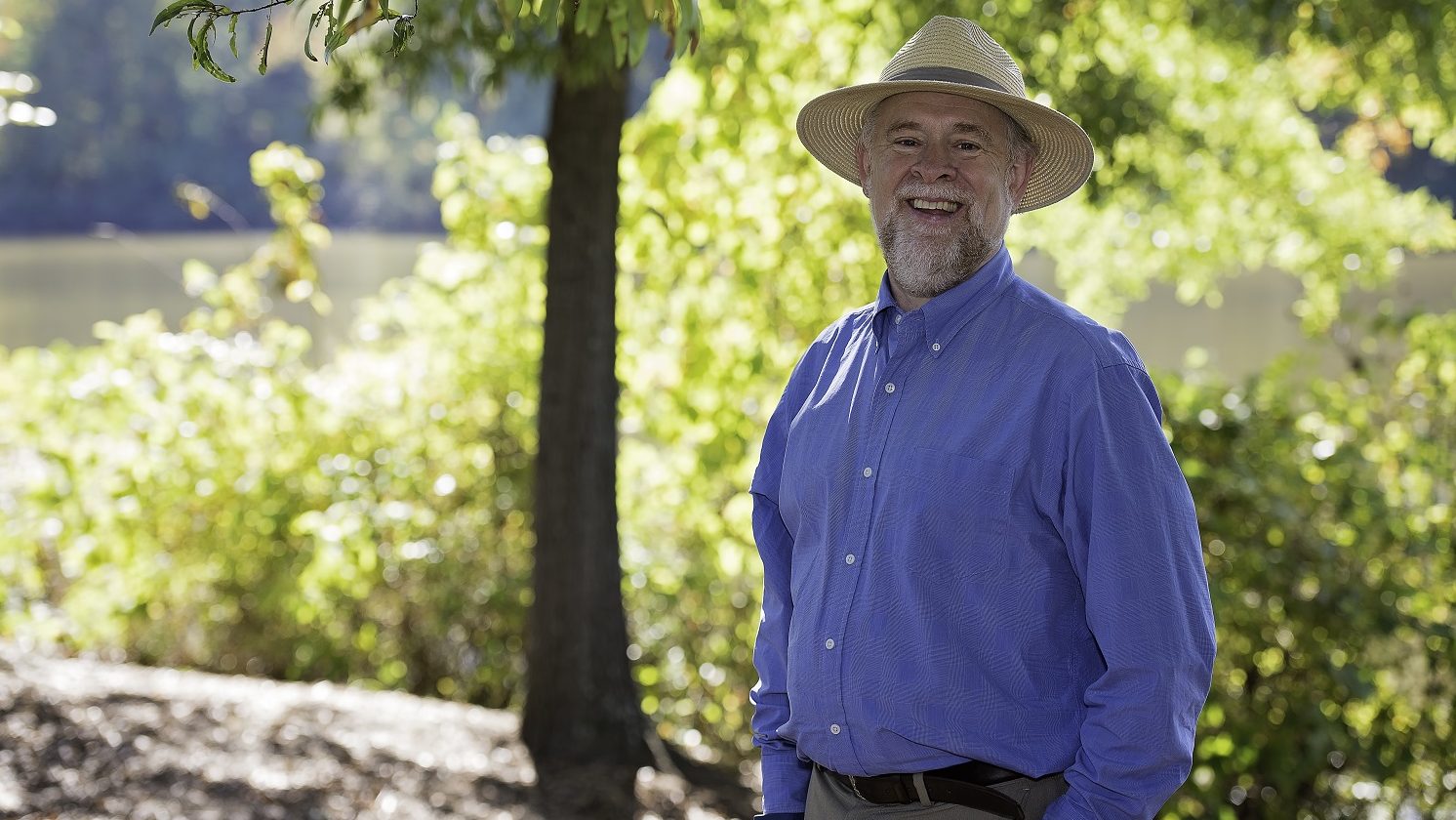
What’s On My Mind: Graduate Students & Taxes
